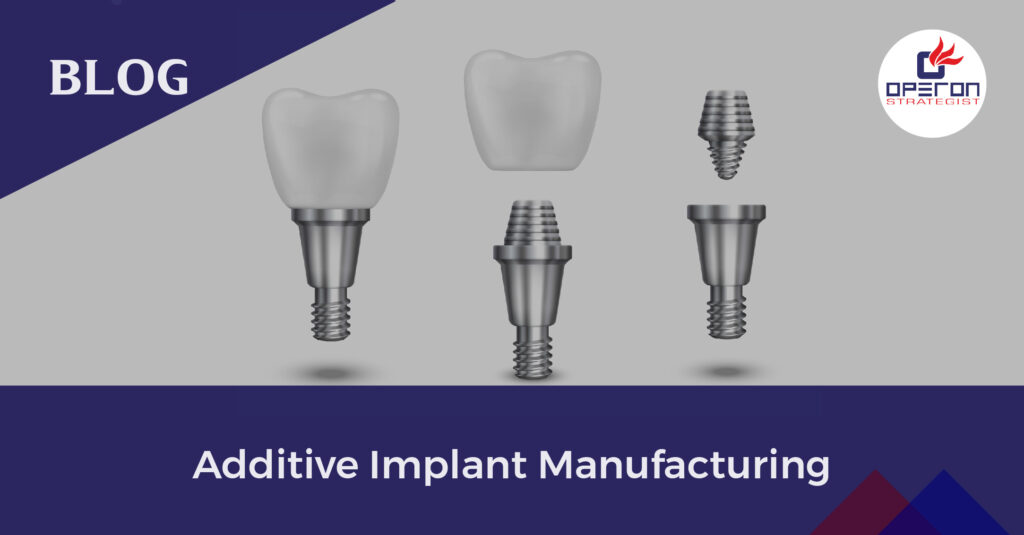What Are an Additive Implants?
Additive implant manufacturing is complex and demanding process focused on fulfilling requirements regarding materials, machining technologies and functionality. Orthopedic implants as well as surgical instruments are booming in the medical devices industry. Implant designs are becoming more complex and more effective in terms of ease of installation and patient outcomes; it is because of the improvements in implant manufacturing processes.
Looking for Medical Device Regulatory Consultants?
Why an Additive Implants Are So Special
- Customization: These implants are made to fit the patient perfectly, which can improve comfort and outcomes.
- Speed: The production time is much quicker, reducing the wait for complex and custom-designed implants.
- Design Freedom: Additive manufacturing allows for intricate designs, like lattice patterns, that are impossible with traditional methods. This opens up new possibilities for implants that are lighter, more durable, and better suited to the patient’s needs.
An Additive Implants Manufacturing Process:

Personalized Design:
The process kicks off by taking a patient’s medical images, like CT or MRI scans, and creating a 3D digital model of the implant. Using specialized design software, experts can tailor the implant to fit the patient’s exact anatomy.
Choosing the Right Materials:
For the implant to function safely inside the body, the right materials are selected—usually biocompatible metals like titanium or durable polymers. These materials are chosen based on the implant’s function and how well they will integrate with the patient’s body over time.
Printing the Implant:
Now comes the exciting part—printing the implant. Using cutting-edge technology, like 3D printing, the implant is built layer by layer from the chosen material. This method allows for incredibly intricate and personalized designs that wouldn’t be possible with traditional manufacturing.
Fine-Tuning the Implant:
After the implant is printed, it undergoes additional steps like heat treatments, cleaning, and surface polishing to ensure it’s smooth, strong, and ready for use. This step is key to making sure the implant is both functional and comfortable.
Quality Testing:
Next, the implant goes through rigorous testing to check its strength, durability, and biocompatibility. This ensures that it’s safe and effective for use inside the human body, meeting the highest industry standards.
FDA Approval:
Before the implant can be used in a patient, it must meet FDA regulations, which ensures the implant is safe, effective, and up to code with all necessary quality control procedures.
Ready for Use:
Once everything is cleared and certified, the custom implant is delivered to the doctor, ready to be implanted into the patient. With a perfect fit tailored to their body, the patient can experience better comfort and faster recovery.
Types of Additive Implants
From spinal cages to hip replacements, additive implants are now being used in a wide variety of medical treatments. Here are a few examples:
- Orthopedic Implants: Like knee, hip, and spine implants that are customized for a better fit.
- Breast Implants
- Birth Control Devices
- Hernia Meshes
These implants are designed to fit each patient’s unique needs, making treatments more effective and recovery faster.
Know More About Additive Implant Manufacturing in Detail!
The Importance of Materials
Since additive implants are in direct contact with the body for long periods, choosing the right materials is critical. They need to be biocompatible and durable to ensure patient safety. The materials used are carefully selected to prevent any adverse reactions and provide long-term support.
How Operon Strategist Can Help
With years of experience in medical device consulting, we’re here to guide you through the complex world of additive implants manufacturing. Whether it’s ensuring your device meets regulatory requirements or helping you navigate the design process, we’ve got you covered. Our expertise can help get your additive implants to market safely and efficiently.
The Future of Additive Implants
Additive implants manufacturing is more than just a trend; it’s the future of healthcare. By allowing for custom-made, precision implants, this technology is improving patient outcomes and transforming the way we approach medical treatments. The possibilities are endless, and with the right support, manufacturers can harness this technology to bring life-changing innovations to patients around the world.




